Have you ever looked into your cat’s eyes and felt like something was just… off? Cats are masters of hiding their feelings. They can seem perfectly fine one moment, then suddenly act out in ways that leave you scratching your head. It’s almost as if they’re living by their own secret code. The truth is, when cats aren’t okay, they rarely let us know in obvious ways. Instead, they drop tiny, subtle hints—like hidden messages in a mystery novel—hoping we’ll pick up on them. If you’re a cat lover (or even just a casual observer), understanding these signals can make all the difference in your furry friend’s happiness.
Sudden Hiding in Unusual Places
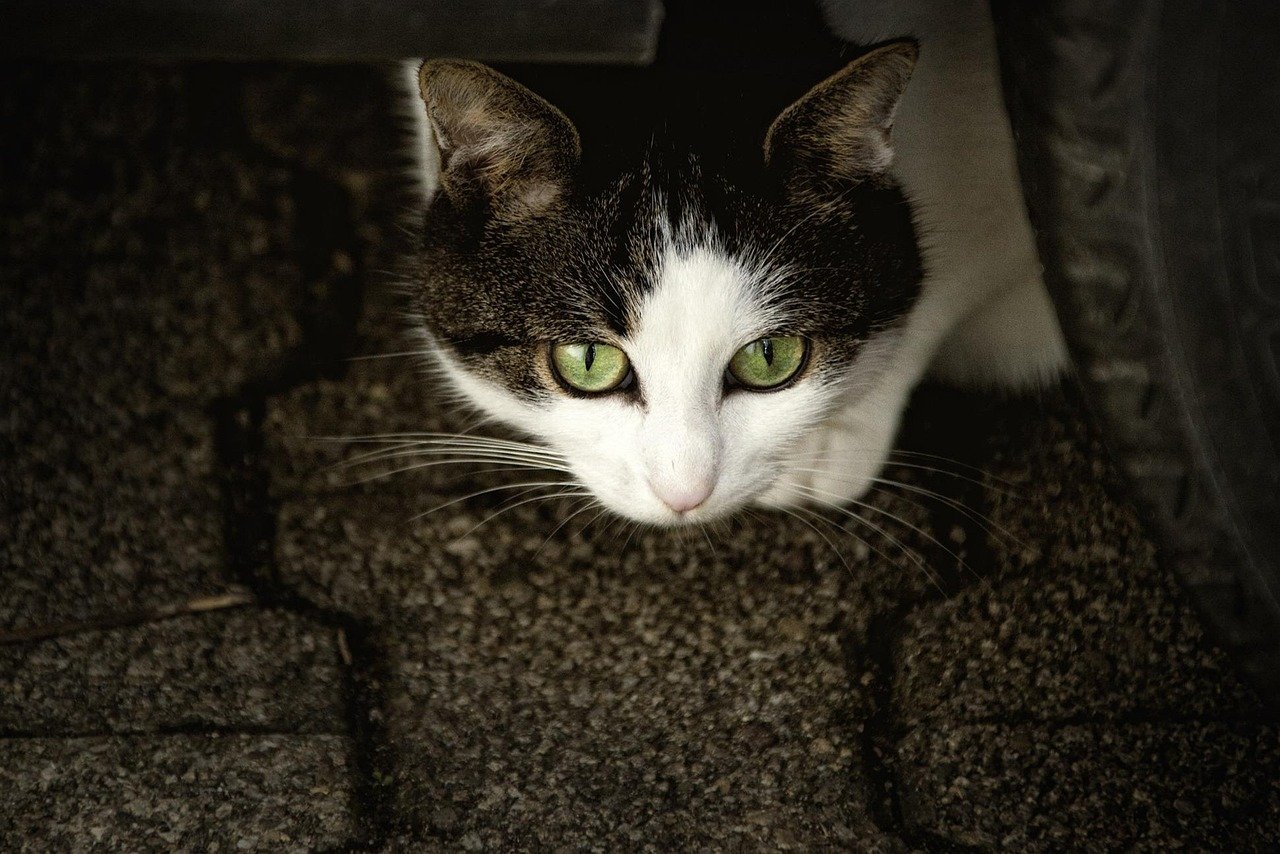
When a usually social cat suddenly vanishes under the bed or squeezes into the darkest closet, it’s not just playing hide-and-seek. Cats retreat to strange spots when they’re feeling anxious, unwell, or scared. Hiding is a cat’s natural instinct to protect itself when it feels vulnerable. You might notice your cat seeking out new nooks or staying hidden for hours, even missing meals or playtime. Sometimes, this behavior is triggered by loud noises, new family members, or even a change in furniture. If your cat is suddenly out of sight more often than not, it’s their quiet way of waving a red flag. It’s almost like they’re whispering, “Please notice me, I’m not okay.”
Changes in Eating Habits
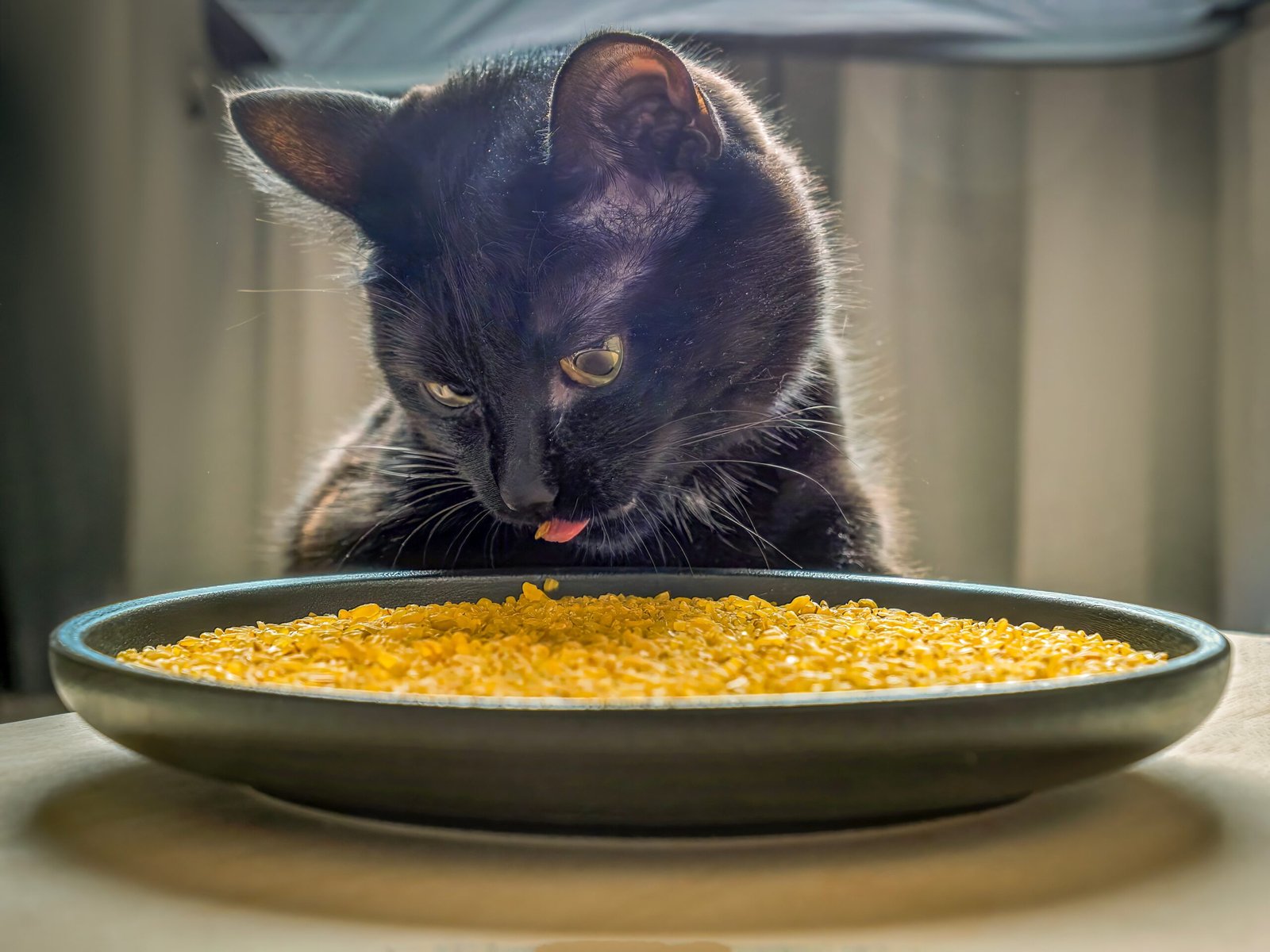
A cat’s appetite is a window into its well-being. If your cat used to leap at the sound of the food bowl but now barely sniffs its dinner, pay attention. Skipping meals or eating much less can signal anything from dental pain to emotional distress. On the flip side, some cats might suddenly overeat or beg for food constantly, using food as a coping mechanism. Changes in eating patterns are easy to dismiss, especially in multi-cat households, but they’re a classic sign that something’s off. It’s almost as if your cat is trying to tell you, “Something’s wrong, and I need your help.”
Altered Grooming Behavior
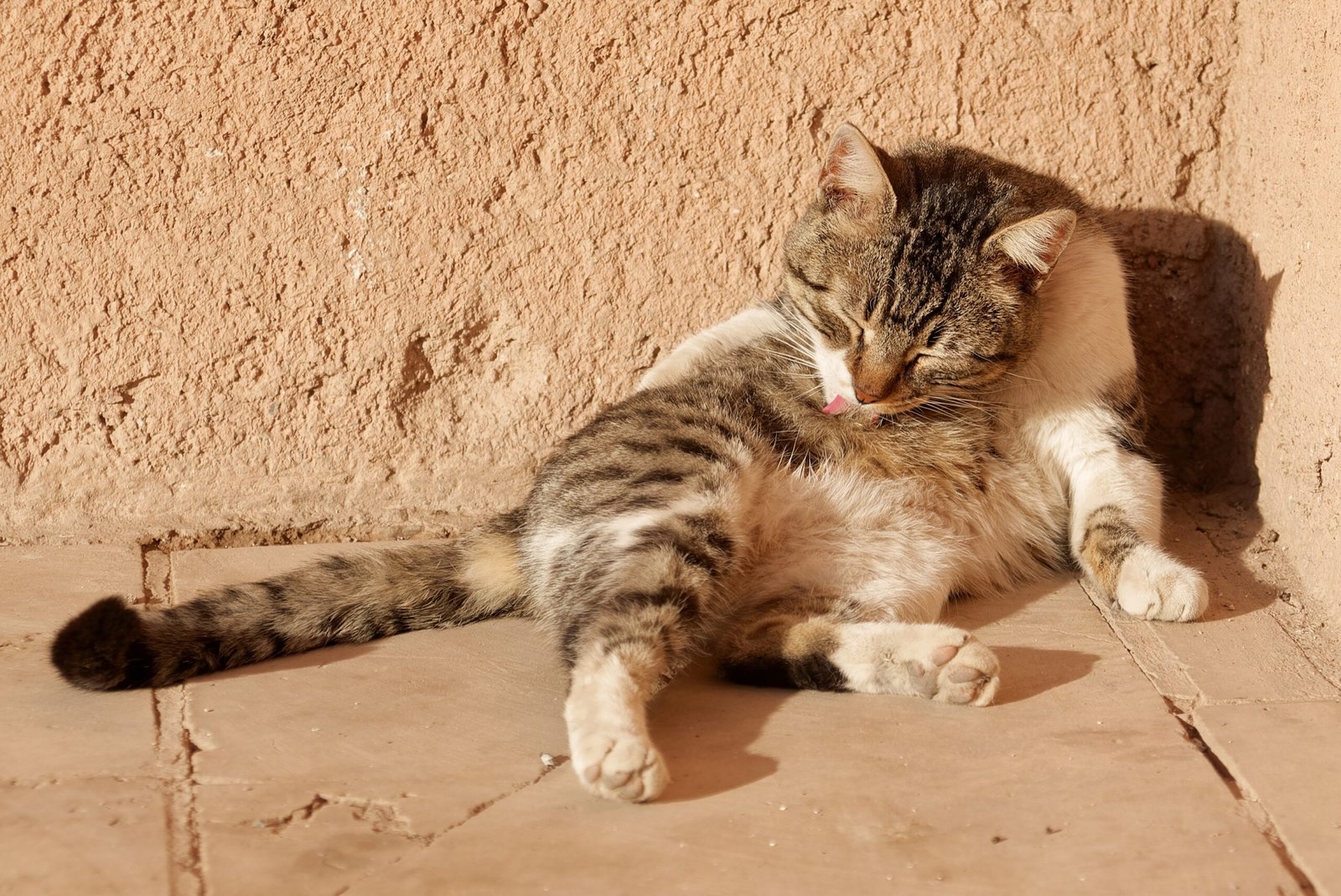
Cats are famously neat creatures, spending hours each day grooming their fur. When a cat abruptly stops cleaning itself, or over-grooms to the point of bald spots, it’s a sign something’s not right. Poor grooming can mean your cat is depressed, in pain, or suffering from arthritis. Over-grooming, on the other hand, is often linked to stress or skin allergies. It’s like their own way of saying, “I’m not comfortable in my skin right now.” If your kitty’s coat looks greasy, matted, or patchy, don’t ignore it.
Sudden Aggression or Irritability

Has your sweet, cuddly cat turned into a hissing, swatting terror? Unexplained aggression is often a cry for help. Pain, fear, or even confusion can make the gentlest cat lash out. Some cats may just become grumpy, avoiding petting or reacting with a quick swipe. This change can be shocking, especially if your cat was once easygoing. It’s their way of setting boundaries when words fail them. If you find yourself dodging claws more often, your cat could be telling you, “Back off, something’s wrong.”
Withdrawing from Social Interaction

Cats can be independent, but even the most aloof feline usually enjoys some human company or a snuggle from time to time. If your cat suddenly avoids everyone, skips your lap, or ignores your calls, pay close attention. This kind of withdrawal can mean your cat is feeling sick, scared, or deeply stressed. It’s as if they’re quietly saying, “I can’t deal with the world right now.” You might feel hurt, but it’s important to realize this is a sign your cat needs support, not space.
Excessive Vocalization or Silence
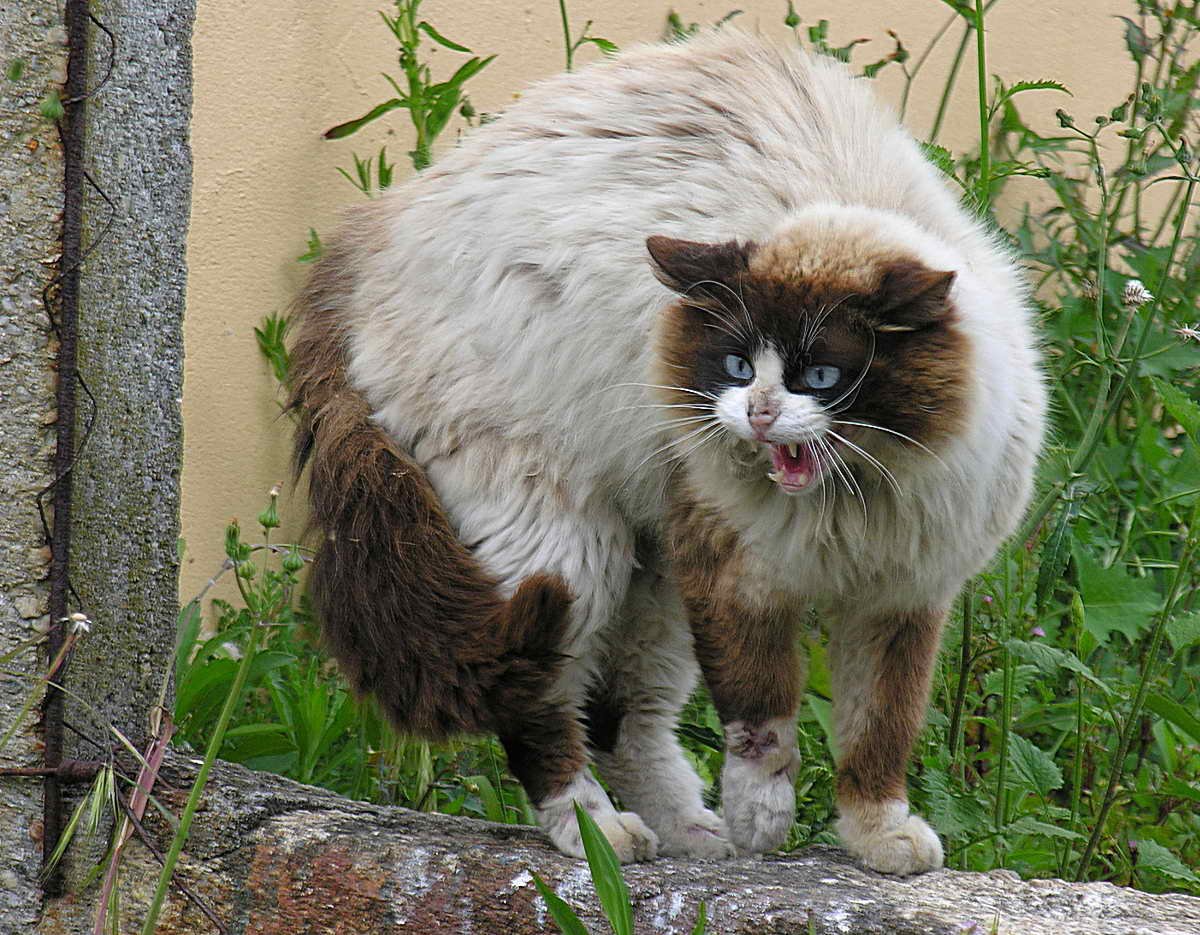
Has your usually quiet cat started meowing non-stop? Or maybe your talkative kitty has suddenly gone silent? Both extremes can be signals that something’s off. Excessive vocalization can mean pain, hunger, or distress, while sudden silence might hint at depression or discomfort. Changes in the “conversation” you have with your cat are easy to overlook, but they’re often a feline SOS. Imagine if your best friend suddenly stopped texting or called you every hour—you’d know something was up, right? It’s the same with your cat.
Changes in Litter Box Habits
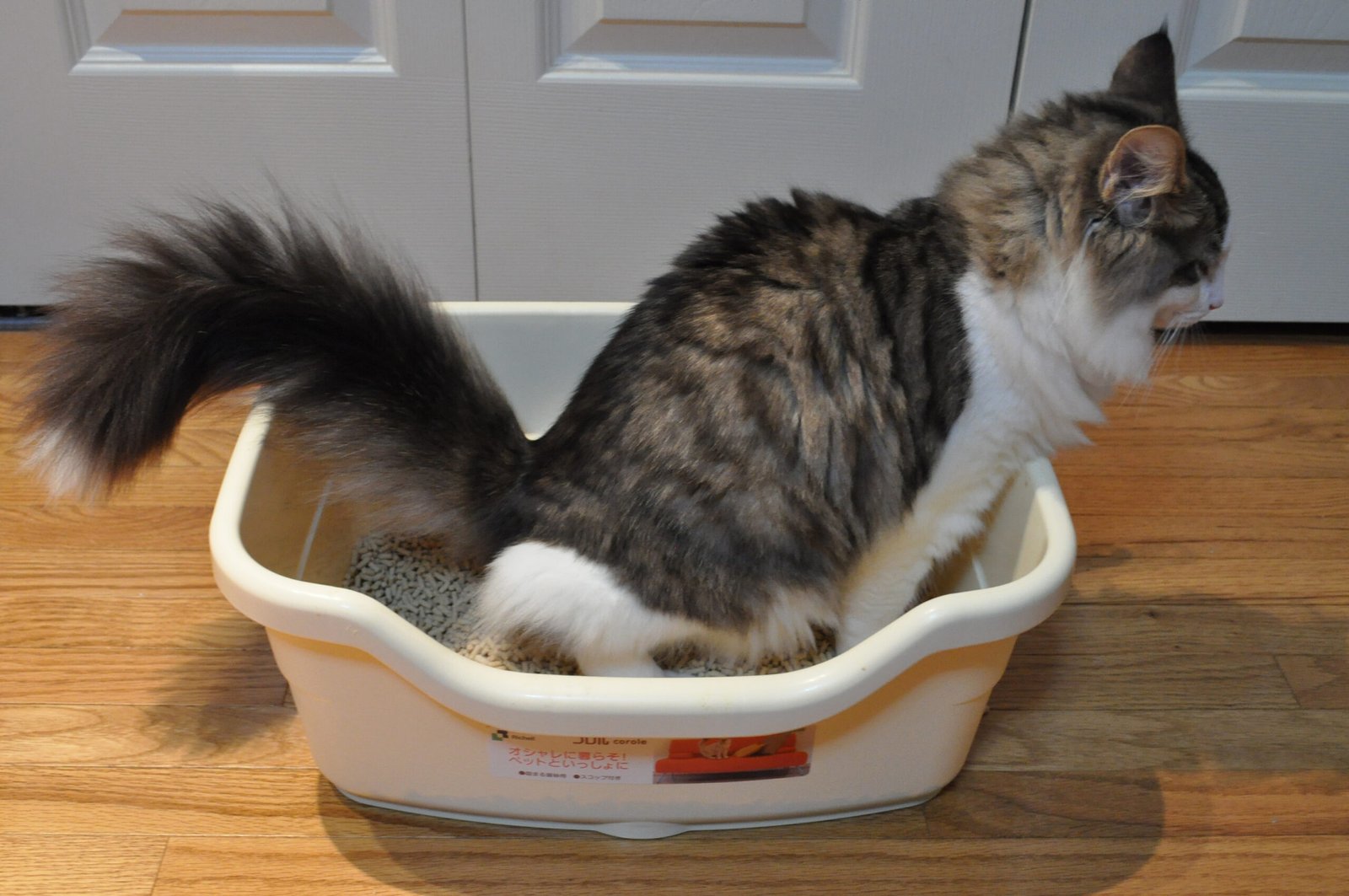
A cat’s relationship with its litter box is a delicate thing. If your normally tidy cat starts missing the box, going outside it, or hiding their business, it’s more than just an accident. Medical issues like urinary tract infections, kidney problems, or stress from changes in the household can all cause this behavior. You might think your cat is just being naughty, but this is their way of saying, “Something isn’t right with me.” Never punish a cat for this—look for the underlying cause instead.
Unusual Sleeping Patterns
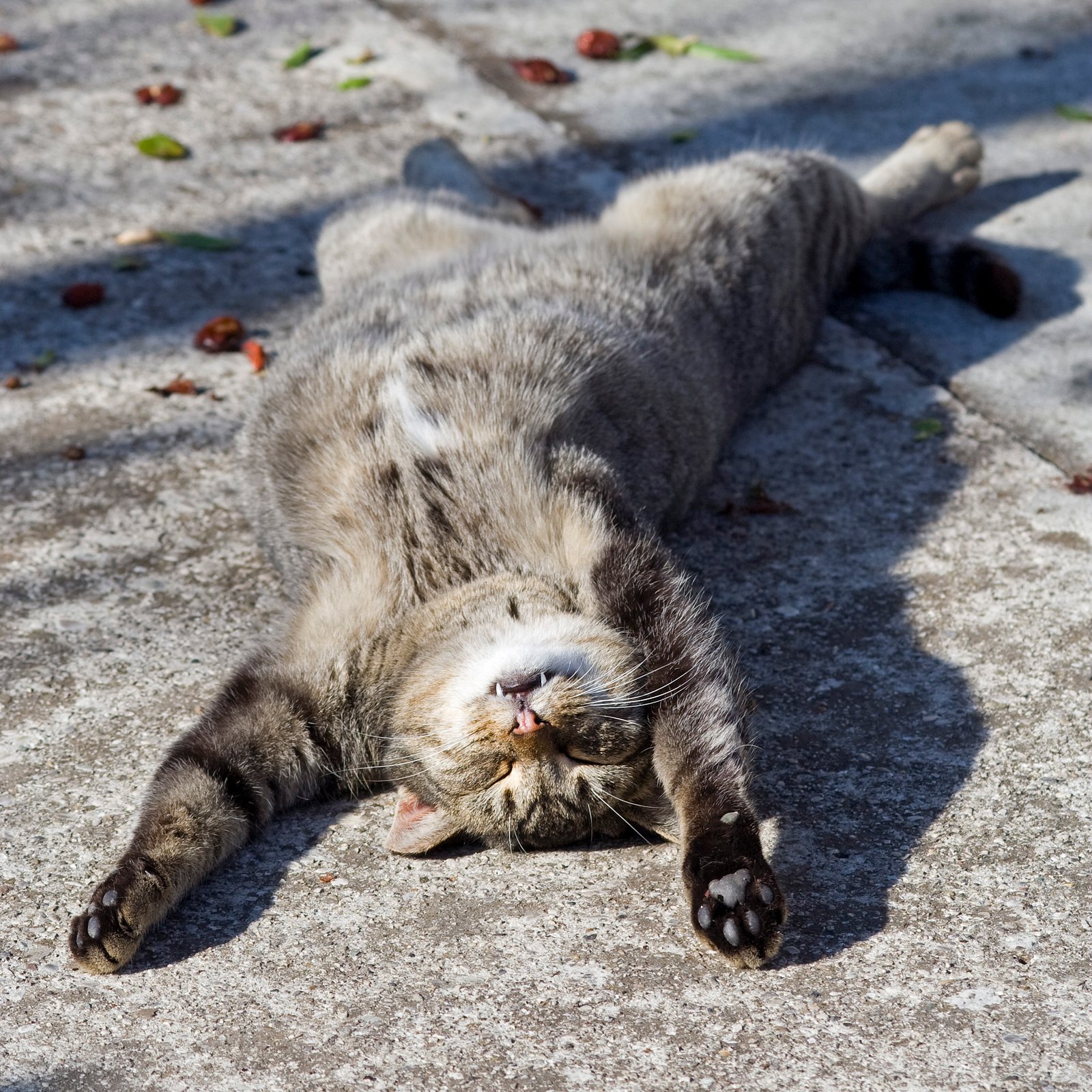
While cats are famous for sleeping up to 16 hours a day, a shift in their sleep routine can be a warning sign. If your cat suddenly sleeps much more than usual, or can’t seem to settle down at all, it could be dealing with pain, illness, or emotional stress. You might notice your cat napping in odd places or staying awake at night when it used to sleep soundly. These subtle changes can easily slip by unnoticed, but they’re often clues to deeper problems. Think of it as your cat’s version of tossing and turning all night.
Loss of Interest in Play
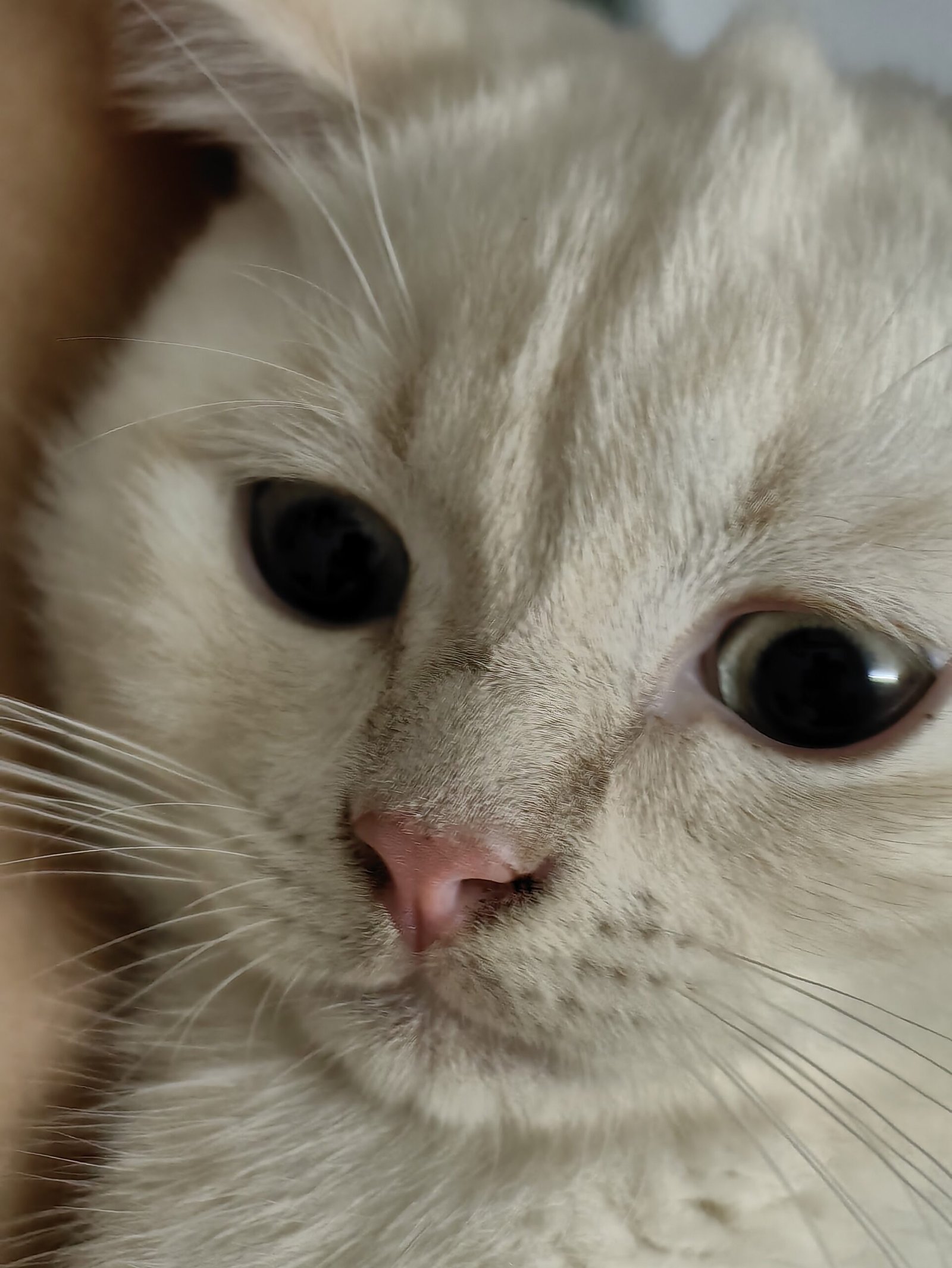
Even older cats enjoy the occasional feather wand or laser pointer chase. If your playful kitty now ignores its favorite toys or can’t be bothered to chase a string, it’s worth noting. Lack of interest in play is a classic symptom of boredom, depression, or physical discomfort. Playtime is how cats express joy and connect with you, so a sudden lack is like a child refusing to go outside—it’s not normal. Your cat might be quietly telling you, “I don’t feel like myself.”
Excessive Scratching or Chewing
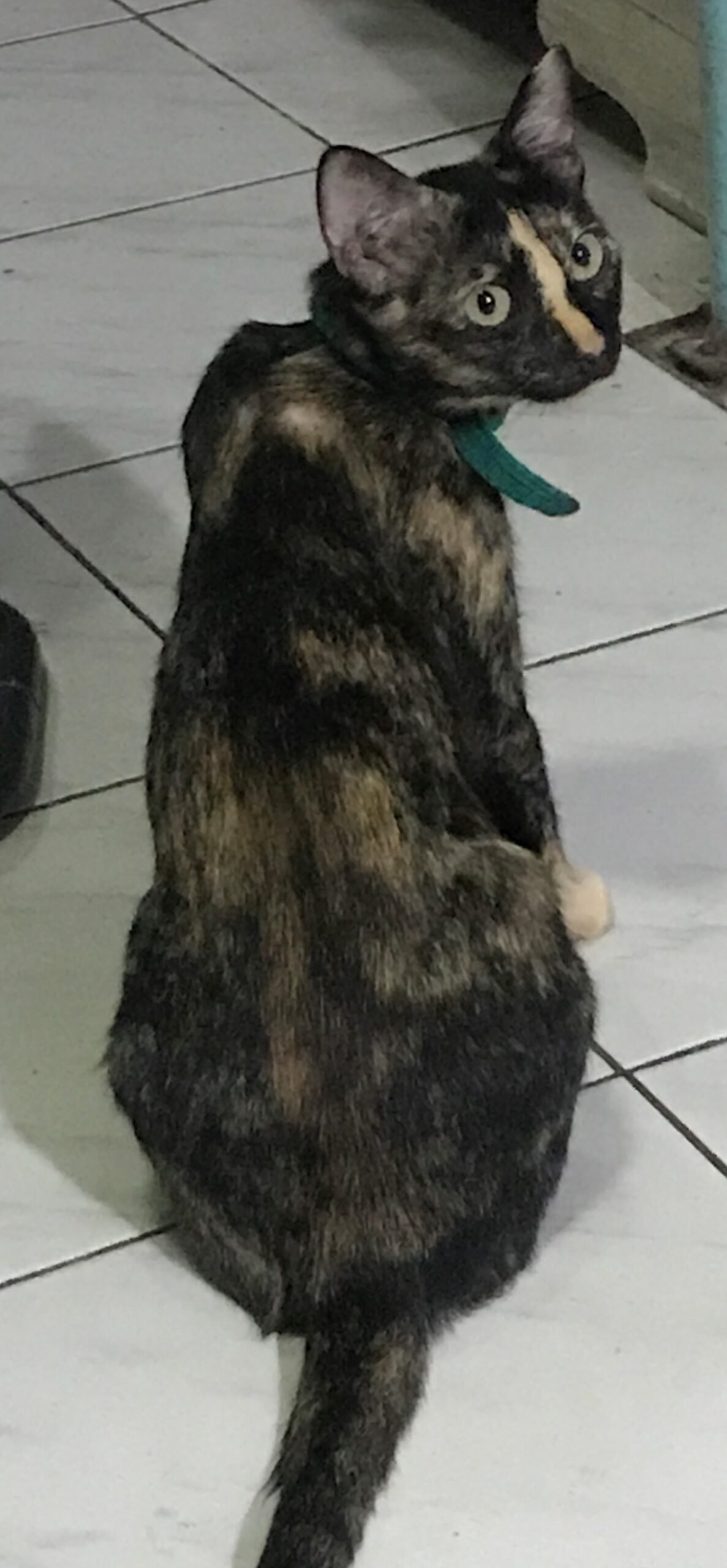
A cat that suddenly starts scratching furniture, carpets, or even itself more than usual may be trying to cope with anxiety, boredom, or skin irritation. Chewing on cords, plastic, or fabric can also be a sign of stress or dental issues. It’s easy to chalk this up to mischief, but these behaviors are often desperate attempts to self-soothe. Imagine biting your nails when you’re nervous; cats have their own version, and it’s not always cute. Pay attention if your cat seems restless or destructive.
Changes in Body Language
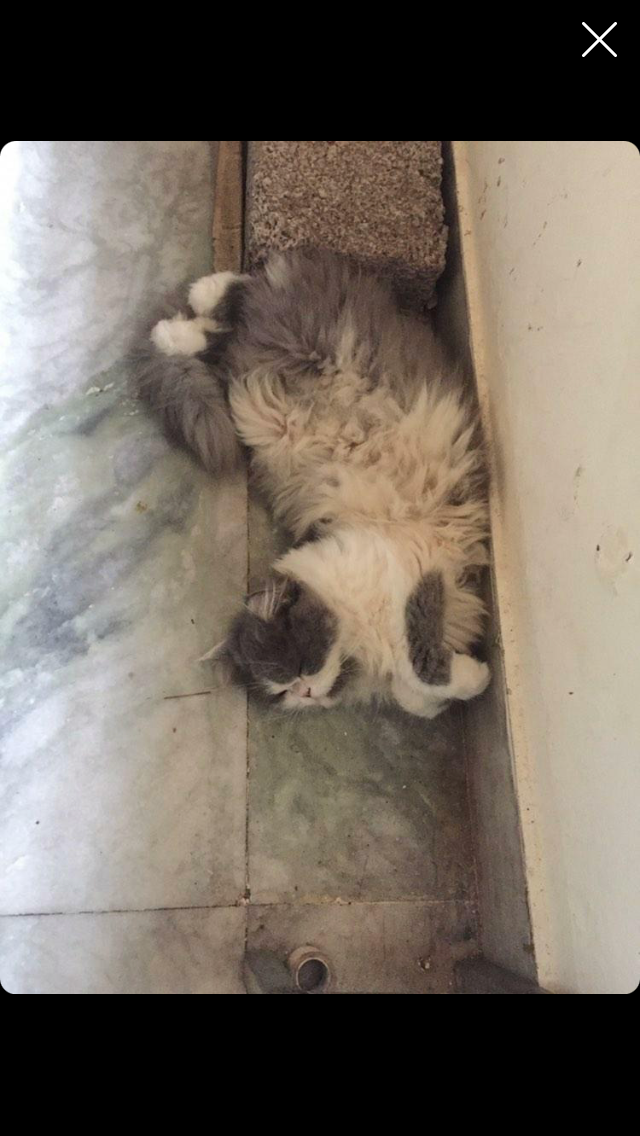
Cats speak volumes with their bodies—even if it’s subtle. Watch for changes such as a tucked tail, flattened ears, or dilated pupils. A cat that crouches low, moves more slowly, or keeps its back arched is probably feeling uneasy or in pain. Sometimes, a once confident cat might suddenly act skittish around noises or people. These physical cues can be fleeting, but they’re worth noticing. It’s like your cat is sending you silent signals, hoping you’ll catch on.
Frequent Vomiting or Hairballs
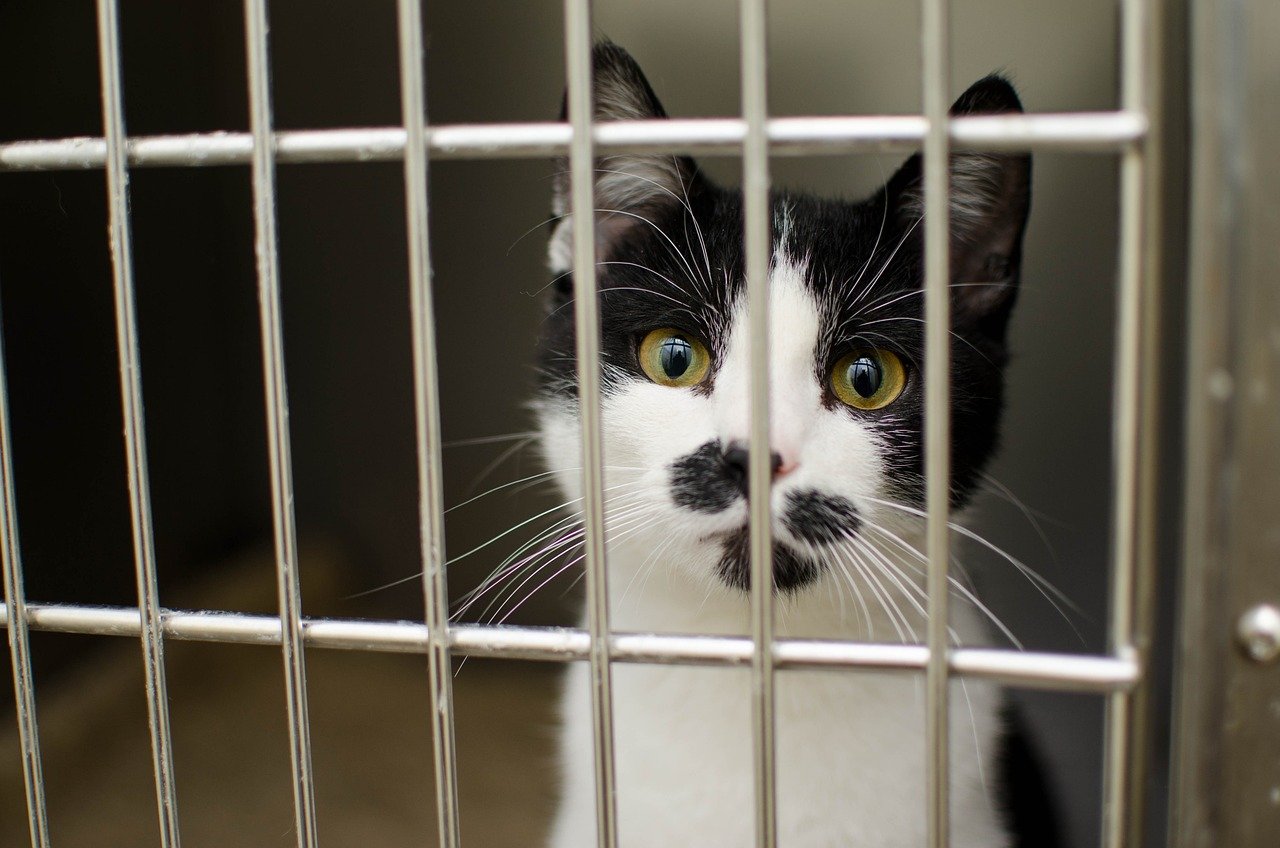
While the occasional hairball is part of cat ownership, frequent vomiting is not. If your cat is coughing up hairballs more often or vomiting after eating, it could signal digestive issues, anxiety, or a more serious illness. Some cats will even try to eat grass or non-food items to relieve their upset stomachs. This is their way of saying, “My body isn’t working right.” Don’t ignore these messy messages—they’re important clues.
Overly Clingy or Needy Behavior
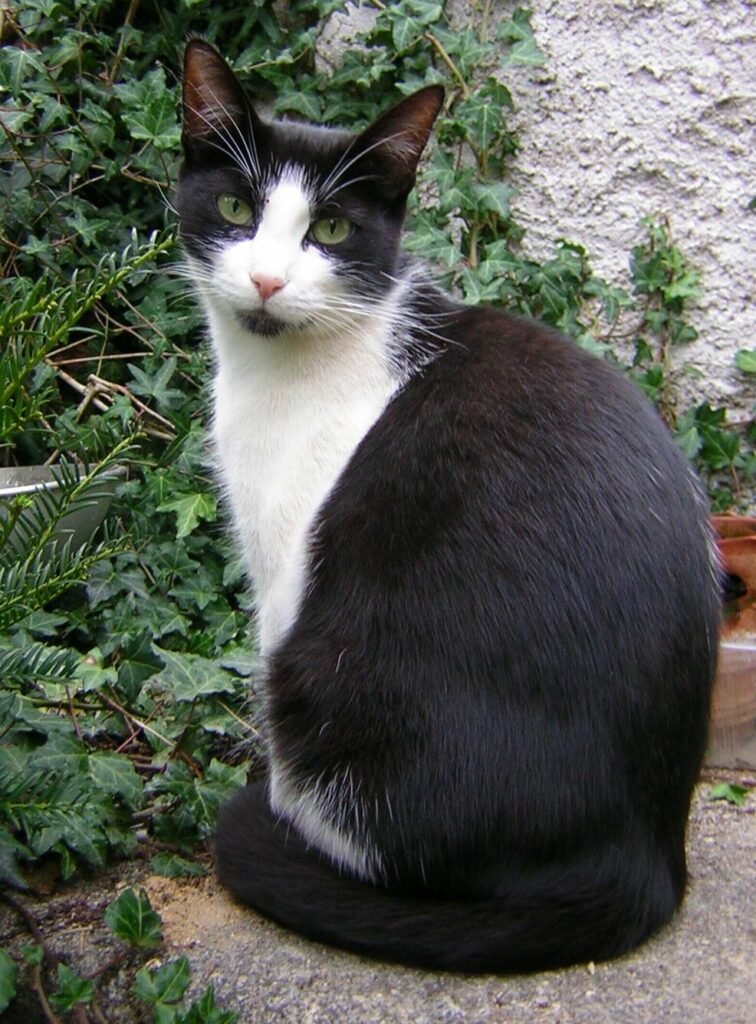
Some cats become velcro kitties when they’re not okay, following you from room to room or demanding constant attention. This heightened neediness can be a sign of anxiety, insecurity, or even pain. You might notice your cat meowing to be picked up, sitting on your keyboard, or needing to be near you at all times. It’s not just affection—they could be seeking comfort or reassurance. Think of it as a child clinging to a parent when they’re scared.
Lingering Bad Breath or Drooling

Bad breath or drooling isn’t just unpleasant—it’s often a sign of dental pain or underlying health problems. Cats rarely show mouth discomfort until it’s severe, so these subtle symptoms are easy to miss. You might see your cat pawing at its mouth, refusing hard food, or drooling on blankets. Dental disease, oral tumors, or kidney issues can all cause these changes. It’s a quiet way of saying, “Something hurts, and I need help.”
Stiffness or Limping

A cat that suddenly moves with stiffness, avoids jumping, or starts limping is likely in pain. Arthritis, injuries, or even hidden infections can cause mobility issues. Cats are experts at masking discomfort, so by the time you notice a limp, the problem may have been building for a while. You may notice your cat hesitating before jumping to its favorite perch or favoring one leg. These subtle changes deserve immediate attention—they’re not just signs of old age.
Heavy or Labored Breathing

Breathing should be effortless for a healthy cat. If you notice your cat panting, breathing rapidly, or struggling for breath, it’s a serious warning sign. Stress, heart disease, asthma, or respiratory infections can all cause labored breathing. Sometimes, cats will breathe with their mouth open or make unusual noises. These symptoms are urgent and should never be ignored. It’s your cat’s way of crying out for help, even if it can’t use words.
Swelling or Lumps
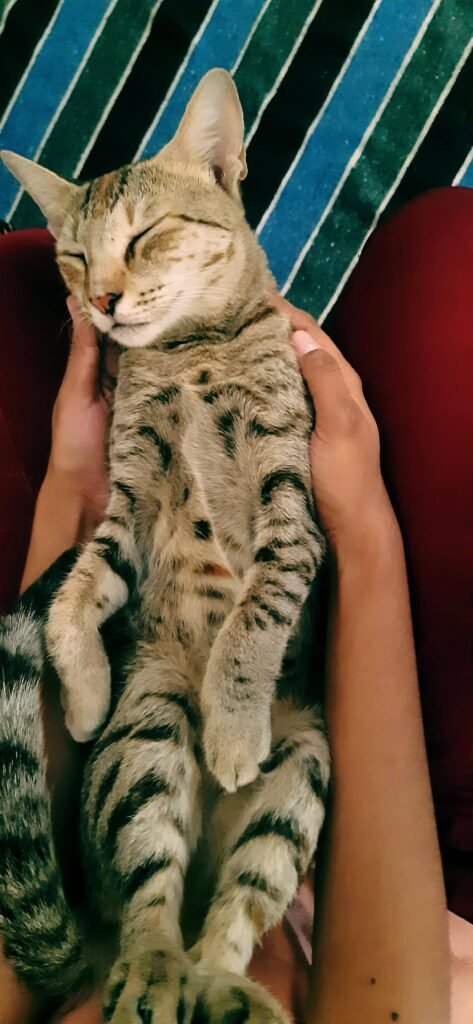
While petting your cat, you might find a lump or swelling that wasn’t there before. Even small bumps can be a sign of infection, injury, or, in rare cases, cancer. Cats may not react when you touch these areas, but internally, they could be in pain or discomfort. Keep an eye out for changes in size, color, or tenderness. It’s easy to dismiss a lump as nothing, but it could be your cat’s silent way of saying, “Check this out, please.”
Runny Eyes or Nose

Discharge from the eyes or nose isn’t normal for cats. Clear, yellow, or green mucus can indicate infections, allergies, or respiratory issues. You might see your cat squinting, pawing at its face, or sneezing more than usual. Sometimes, the fur around the eyes becomes stained or matted. These are subtle cries for help, especially if your cat is usually bright-eyed and alert. Don’t wait for things to clear up on their own—your cat is hoping you’ll notice.
Sudden Weight Loss or Gain
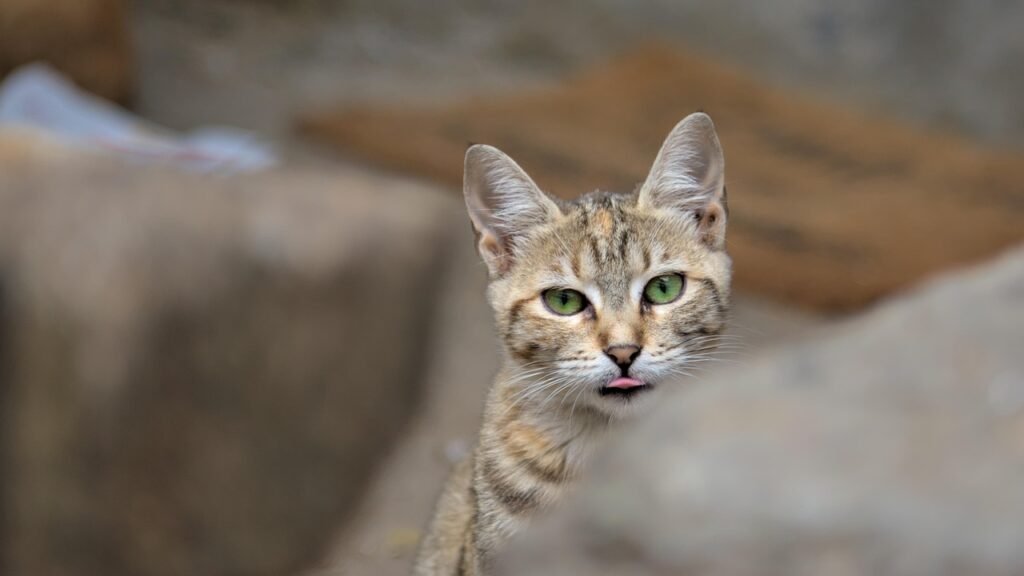
Weight changes, whether sudden loss or unexplained gain, are classic signs that something is wrong. Even if your cat seems to eat the same amount, underlying issues like thyroid disease, diabetes, or stress can cause fluctuations. You might notice your cat’s ribs becoming more prominent or its belly looking rounder. These changes can be gradual, making them easy to overlook. Regular weigh-ins can help you catch problems early—your cat can’t tell you, but its body will.
Increased Sensitivity to Touch
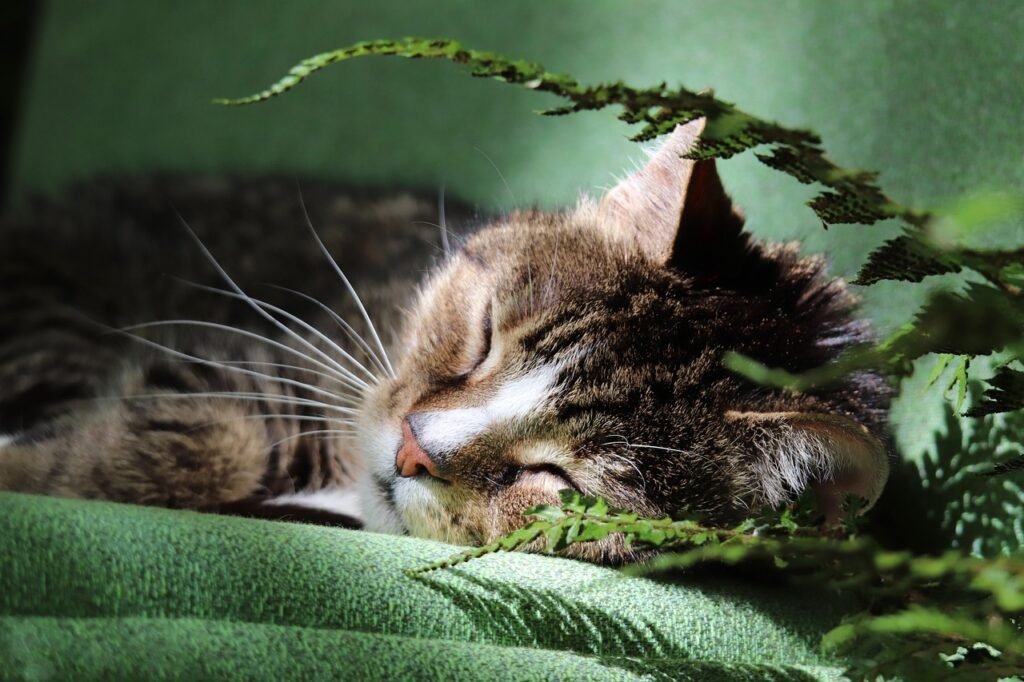
If your cat suddenly flinches, growls, or backs away when you try to pet it, pay attention. Increased sensitivity to touch can be a sign of pain, skin irritation, or emotional distress. Cats may avoid being picked up or brushed, even if they once loved it. Sometimes, they’ll even react aggressively to gentle stroking. This isn’t just moodiness; it’s a subtle plea for help. Your cat is trying to say, “Please be gentle—I’m not feeling right.”
Hi, I’m Bola, a passionate writer and creative strategist with a knack for crafting compelling content that educates, inspires, and connects. Over the years, I’ve honed my skills across various writing fields, including content creation, copywriting, online course development, and video scriptwriting.
When I’m not at my desk, you’ll find me exploring new ideas, reading books, or brainstorming creative ways to solve challenges. I believe that words have the power to transform, and I’m here to help you leverage that power for success.
Thanks for stopping by, Keep coming to this website to checkout new articles form me. You’d always love it!






